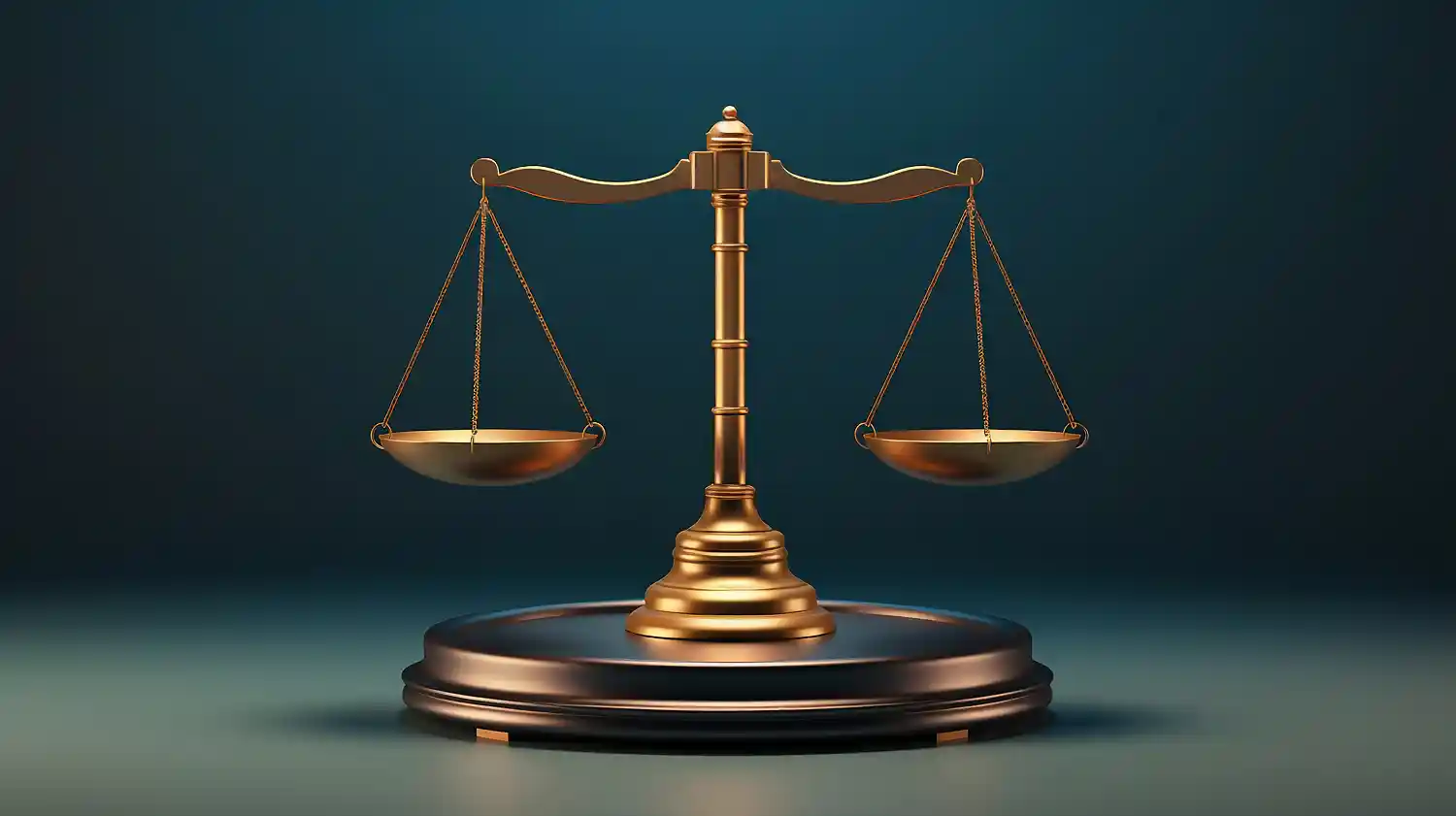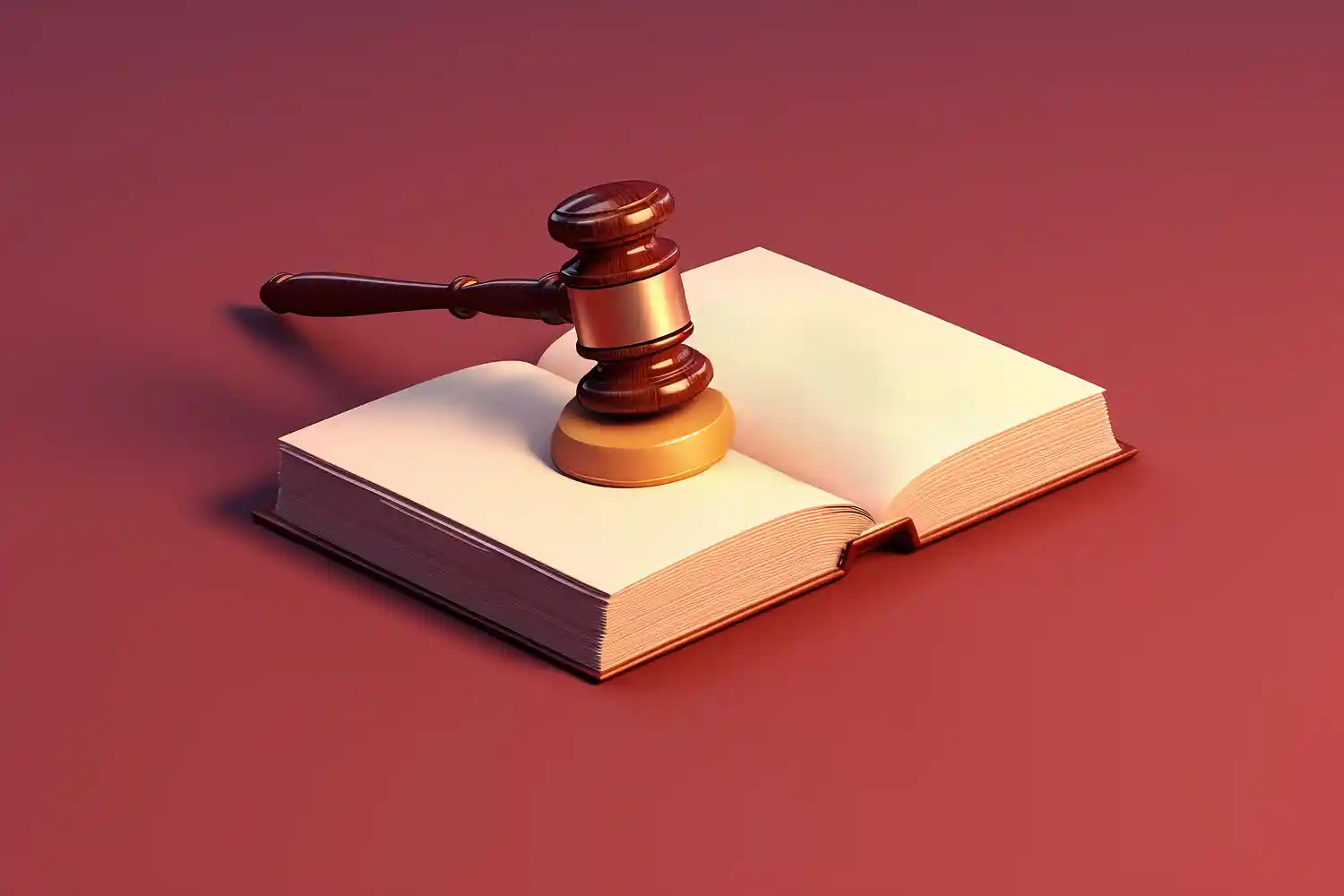Contract disputes are one of the most common legal challenges businesses and individuals face. Whether it’s a disagreement over the terms, a failure to fulfill obligations, or concerns about contract enforceability, these disputes can be costly and disruptive. Understanding how to approach and resolve contract disputes is essential to protect your rights and minimize financial or operational impact.
In this post, we’ll provide practical tips on how to handle contract disputes effectively, whether you’re a business or an individual.
1. Review the Contract Carefully
Before taking any action, review the contract in detail. Ensure that you fully understand the terms and conditions, especially the clauses that are central to the dispute. Key areas to pay attention to include:
- Payment terms (when and how payments should be made)
- Performance obligations (what each party is required to do)
- Termination clauses (under what circumstances the contract can be ended)
- Dispute resolution clauses (how disputes should be resolved—mediation, arbitration, or litigation)
If the contract was signed long ago or involves complex legal language, it may be worth consulting a lawyer to help interpret the provisions.
2. Keep Detailed Records
In contract disputes, documentation is crucial. Always keep records of communications (emails, letters, phone call logs), invoices, and performance reports related to the contract. These documents can serve as evidence if the dispute escalates.
Why Records Matter:
- Proof of compliance: Detailed records can demonstrate that you fulfilled your obligations under the contract.
- Identifying breaches: Documentation can also reveal whether the other party failed to meet their responsibilities.
- Clear communication: Keeping track of negotiations or requests for changes can prevent misunderstandings about what was agreed upon.
If the dispute reaches litigation or arbitration, well-organized records will strengthen your case.
3. Address Issues Early
One of the best ways to avoid a full-blown contract dispute is to address problems early. If you notice the other party is not meeting their obligations, or if you’re struggling to fulfill your end of the contract, communicate this immediately.
- Avoid surprises: By discussing potential issues early, you can often find a solution before they escalate into a serious dispute.
- Propose adjustments: Sometimes, renegotiating terms is a more effective solution than engaging in a costly legal battle.
- Maintain goodwill: Open communication may help preserve the relationship and avoid long-term damage.
Early intervention often leads to faster, less expensive resolutions.
4. Understand Breach of Contract
It’s important to understand whether a breach of contract has occurred before taking action. A breach happens when one party fails to perform their obligations under the contract. Breaches can be classified as:
- Material breach: A significant failure to perform that goes to the heart of the contract, justifying the other party in terminating the contract and seeking damages.
- Minor breach: A less severe breach where the contract can still be completed, but the non-breaching party may seek compensation.
- Anticipatory breach: When one party indicates they will not fulfill their obligations before the performance is due.
Knowing the type of breach helps in determining the appropriate course of action.
5. Consider Alternative Dispute Resolution (ADR)
In many contracts, there are provisions for alternative dispute resolution (ADR) methods like mediation or arbitration before resorting to litigation. Even if your contract doesn’t specifically mandate ADR, it’s worth considering as a way to resolve disputes without the high costs and delays of a court case.
ADR Options:
- Mediation: A neutral third party facilitates discussions between the parties to help them reach a mutually agreeable solution.
- Arbitration: A neutral arbitrator hears both sides and makes a binding decision. This is often faster and less formal than litigation.
Advantages of ADR:
- Cost-effective: Generally cheaper than going to court.
- Time-saving: Typically faster than litigation.
- Confidential: ADR proceedings are usually private, unlike court cases which are public.
Many businesses find that ADR allows them to maintain relationships and find solutions that benefit both parties.
6. Be Prepared for Negotiation
If a dispute arises, negotiation is often the first step. Approach negotiations with a clear understanding of your priorities and what you’re willing to compromise on. Here are some tips for successful negotiation:
- Focus on the facts: Stick to objective evidence, such as the terms of the contract and documented communications, rather than emotional arguments.
- Understand the other party’s position: Try to see the situation from the other side’s perspective. Knowing their priorities can help you craft a solution that works for both of you.
- Be open to compromise: In many cases, a resolution will require some degree of compromise from both parties. Prioritize the issues that matter most to you and be flexible on others.
7. Know Your Legal Remedies
If negotiations and ADR fail, you may need to consider legal remedies. Depending on the nature of the breach, these could include:
- Damages: Financial compensation for losses resulting from the breach.
- Specific performance: A court order requiring the breaching party to fulfill their obligations under the contract.
- Rescission: The contract is canceled, and both parties are released from their obligations.
- Injunctions: A court order preventing the breaching party from taking certain actions.
The appropriate remedy will depend on the specifics of your case, and consulting with a lawyer is recommended at this stage.
8. Consult a Lawyer Early
One of the most crucial steps in any contract dispute is seeking legal advice early on. A lawyer can help you assess the strength of your position, interpret contract terms, and advise on the best course of action. Early legal intervention can often lead to faster and more favorable resolutions.
How a Lawyer Can Help:
- Contract interpretation: Lawyers can clarify ambiguous terms and explain your rights and obligations.
- Negotiation support: Legal representation during negotiations ensures that your interests are protected.
- Court representation: If the dispute cannot be resolved amicably, a lawyer can guide you through litigation or arbitration.
Having legal counsel can prevent costly mistakes and provide a strategic advantage.
Conclusion
Contract disputes are an unfortunate but common part of doing business or managing personal agreements. By following these practical steps—reviewing contracts carefully, keeping detailed records, addressing issues early, and seeking legal advice—you can reduce the risk of disputes escalating and find efficient solutions when they do arise.
At VennLaw Advisory, we specialize in helping individuals and businesses navigate contract disputes effectively. Whether you need advice on dispute resolution, representation in negotiations, or help enforcing your contractual rights, we’re here to support you.
VennLaw Advisory
VennLaw Advisory is a leading legal and business advisory firm committed to delivering strategic, innovative, and client-focused solutions. With expertise spanning corporate law, dispute resolution, regulatory compliance, and business strategy, we help individuals and organizations navigate complex legal landscapes with confidence. Our team upholds the highest standards of excellence, diversity, and integrity, ensuring tailored legal support for every client.



